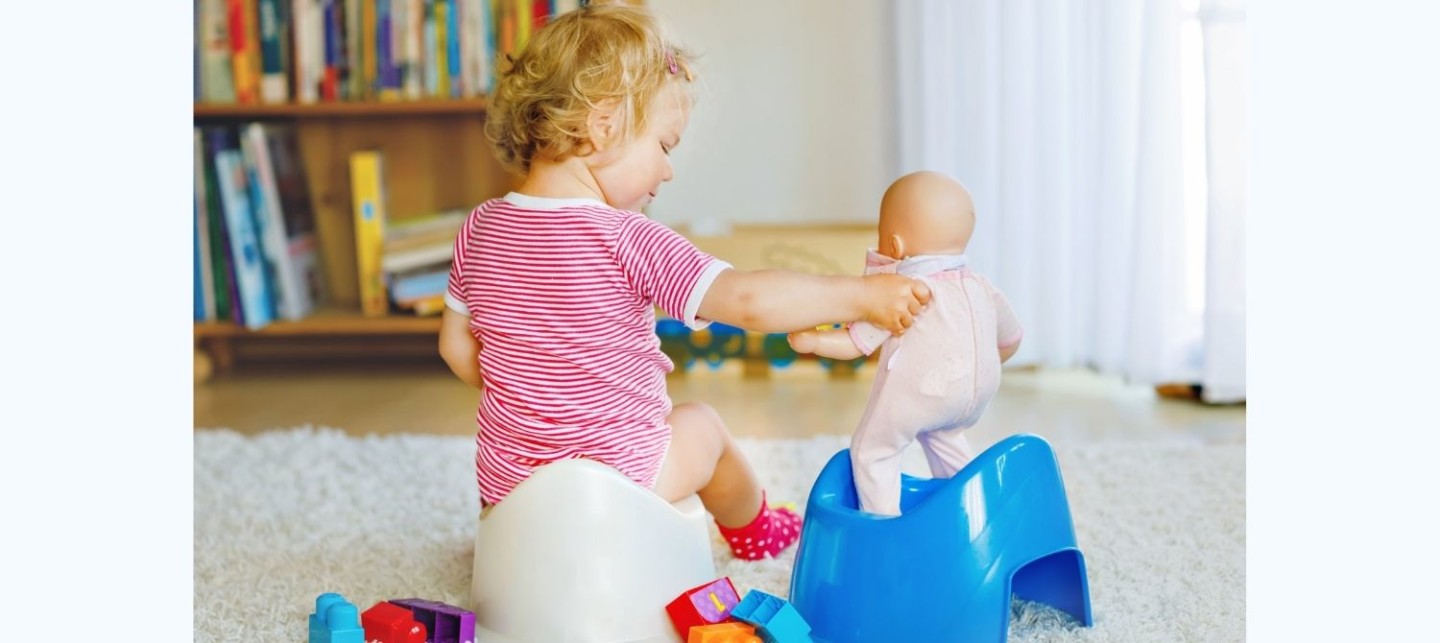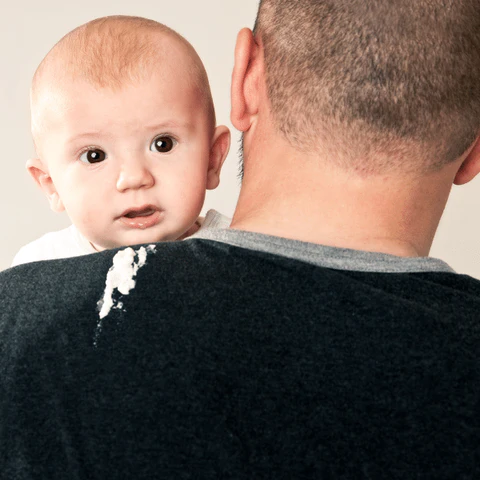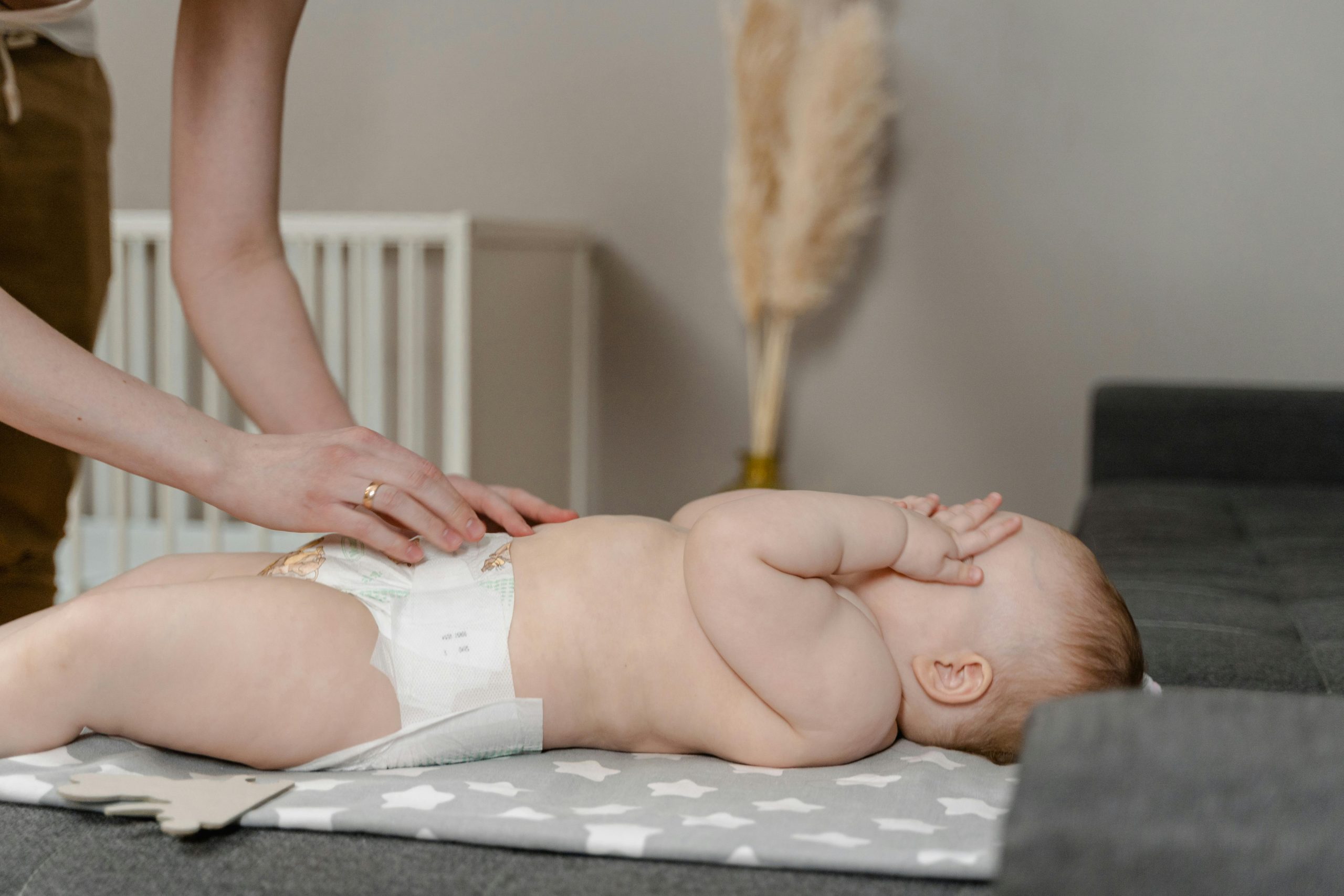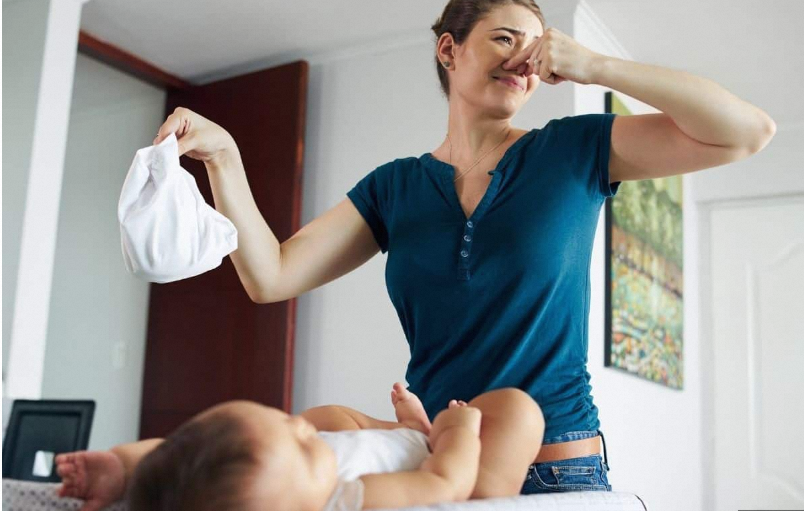When to Start Potty Training: A Roadmap to Success
Potty training is a significant milestone in a child’s development. It signifies a transition from diapers to using the toilet independently. For parents, it can be an exciting yet daunting time. Many questions arise: When is the right time to start? How can I tell if my child is ready? This article explores the factors to consider when deciding when to embark on potty training with your child.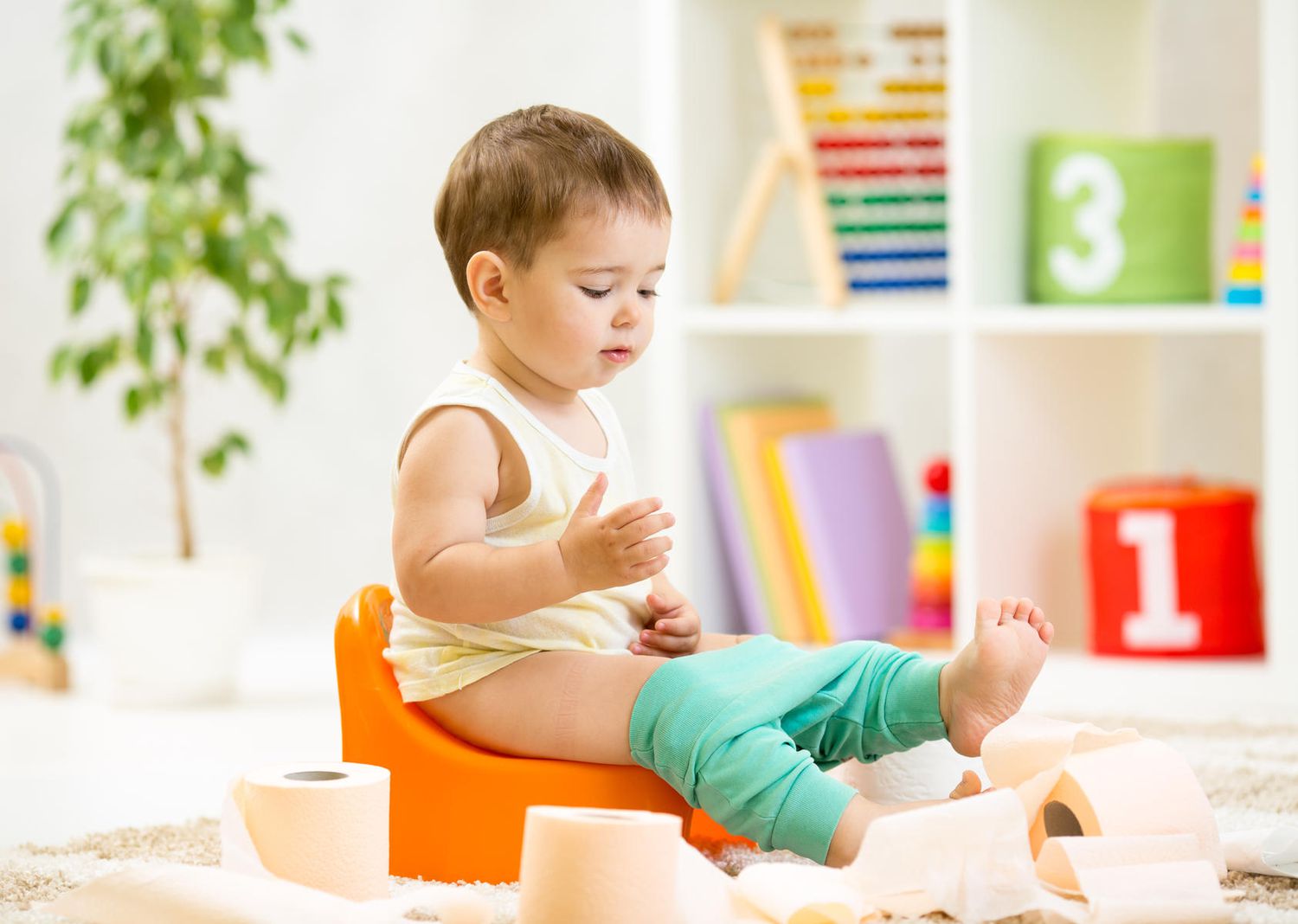
Signs of Readiness: Is Your Child Prepared For Potty Training?
There’s no magic age for potty training success. Every child develops at their own pace. However, some signs indicate your child might be nearing potty training readiness. Here are some key indicators to watch for:
- Physical Development: Your child’s physical maturity plays a crucial role. They should have good bladder and bowel control, allowing them to hold their pee and poop for at least a couple of hours.
- Expressed Interest: Is your child curious about the toilet? Do they show interest in using the potty like grown-ups? This curiosity and desire to mimic adult behaviorWhen to Startis a positive sign.
- Understanding of Potty Talk: Does your child understand basic potty-related words like “pee,” “poop,” and “potty”? If they can comprehend these terms, it suggests they’re developing the cognitive awareness needed for potty training.
- Staying Dry for Short Periods: Can your child stay dry for short stretches during the day or wake up from naps with a dry diaper? This indicates increasing bladder control, a crucial factor for potty training success.
- Following Routines: Is your child showing signs of predictability in their bowel movements? This predictability can be helpful in establishing a potty training routine.
The Not-So-Ready Signs: When to Hold Off
While some children might exhibit readiness signs early on, others might take longer. Here are some signs that might indicate your child needs more time:
- Lack of Interest: Is your child completely uninterested in potty training? Do they resist attempts to introduce them to the potty? Pushing a disinterested child can backfire. It’s best to wait for them to show some curiosity or willingness.
- Frequent Accidents: If your child has frequent accidents and isn’t showing signs of improved bladder or bowel control, waiting a bit longer might be beneficial.
- Major Life Changes: Is your child going through a big transition like a new sibling, moving house, or starting daycare? These changes can be stressful for children, and potty training might be best postponed until they adjust.
- Developmental Delays: If your child has any developmental delays that might impact their ability to learn or understand potty training concepts, consult your pediatrician for guidance.
Creating the Right Environment: Setting the Stage for Success
Once you’ve determined your child is showing signs of readiness, you can start creating a supportive environment for potty training. Here are some tips:
- Invest in a Potty: Choose a brightly colored, child-sized potty that your child feels comfortable sitting on. Consider a potty chair with a step stool for easy access.
- Stock Up on Training Pants: Pull-up style training pants are a good middle ground between diapers and underwear. They offer some leak protection but feel more like underwear, encouraging potty use.
- Embrace Potty Books and Songs: Make potty training fun and engaging. Read books about using the potty and sing songs about pee and poop. These resources can help normalize the process and make it less intimidating for your child.
- Lead by Example: Talk openly about using the potty yourself. Let your child see you using the toilet and explain the process in simple terms.
- Establish a Routine: Create a predictable potty schedule, offering opportunities for your child to try the potty throughout the day. This routine can help with bladder and bowel control.
- Positive Reinforcement is Key: Celebrate successes with praise and stickers. Avoid punishment or getting upset with accidents. Positive reinforcement encourages continued effort.
The Importance of Patience: Every Child’s Journey is Unique
Remember, potty training is a journey, not a race. There will be setbacks and accidents along the way. Stay patient, consistent, and supportive. Here are some additional things to keep in mind:
- Respect Your Child’s Pace: Don’t compare your child’s progress to others. Every child develops at their own pace. Focus on celebrating their individual milestones.
- Accidents Happen: Accidents are inevitable during potty training. Don’t get discouraged. Simply clean up calmly and offer positive reassurance.
- Be Consistent: Consistency is key to success. Stick to your established routine and expectations, even on weekends or when traveling.
Relax and Have Fun: Making Potty Training Enjoyable
Potty training doesn’t have to be a stressful experience. Here are some tips to keep things light and enjoyable:
- Make Potty Time Fun: Turn potty time into a positive experience. Sing songs, read stories, or play a short game while your child sits on the potty. This will create positive associations with using the toilet.
- Embrace the Mess: Accidents are a normal part of the process. Instead of getting frustrated, focus on the learning opportunity. Help your child clean up calmly and move on.
- Celebrate Every Step: Acknowledge and celebrate even small victories, like showing interest in the potty or staying dry for short periods. This positive reinforcement motivates your child to continue trying.
- Maintain a Sense of Humor: A little laughter goes a long way. Don’t be afraid to laugh at a funny accident or silly potty song. A lighthearted approach can make the process more enjoyable for everyone.
Addressing Common Challenges: Troubleshooting Tips
Even with careful preparation, challenges can arise during potty training. Here are some common issues and tips for addressing them:
- Fear of the Toilet: Some children might be afraid of the size or flushing sound of the toilet. Let them gradually become comfortable with the potty by placing it in the bathroom for them to see and touch. You can even flush the toilet with the lid closed to get them accustomed to the sound.
- Holding Accidents In: Some children might deliberately hold their pee or poop for fear of using the potty. This can lead to constipation or accidents. Encourage them to relax and try using the potty, even if nothing comes out. Offer reassurance and praise for their effort.
- Regression: Don’t be surprised if your child has occasional setbacks. This is perfectly normal. Regression can be caused by stress, illness, or a new life change. Stay calm, be patient, and gently guide them back on track.
When to Seek Professional Help: It’s Okay to Ask
Most children potty train between the ages of 18 months and 3 years. However, if your child is well past 3 and still struggling, consider consulting your pediatrician. Here are some situations where professional guidance might be helpful:
- Developmental Concerns: If you suspect your child might have underlying developmental delays that could be impacting potty training, talk to your pediatrician.
- Persistent Lack of Interest: If your child shows no interest in potty training even after you’ve created a supportive environment, consulting a doctor can rule out any medical reasons.
- Severe Regression: If your child experiences a significant regression in potty training after making progress, seeking professional guidance can help identify the cause and develop a plan to move forward.
Conclusion: A Rewarding Journey for All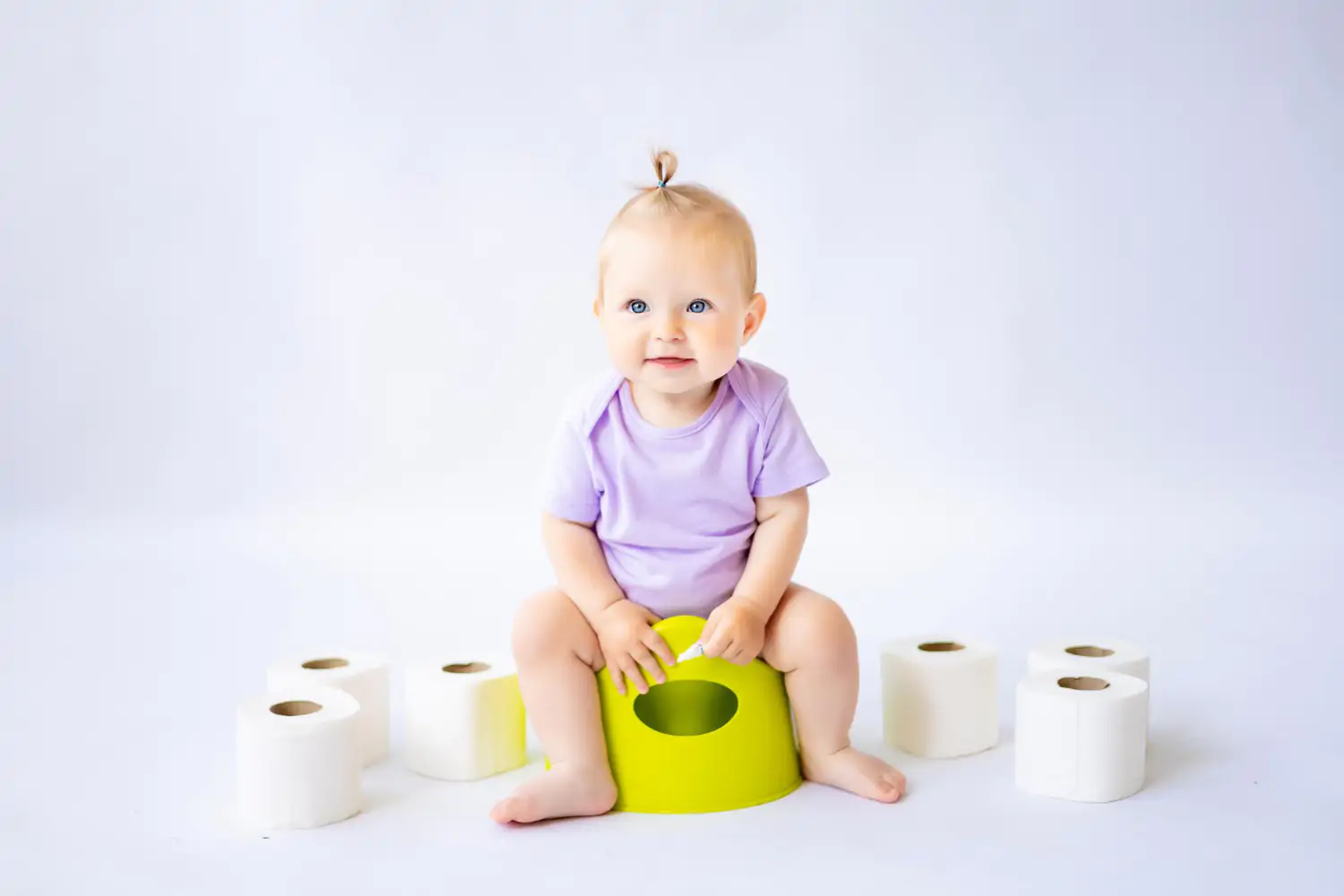
Potty training is a journey filled with milestones, setbacks, and everything in between. By understanding the signs of readiness, creating a supportive environment, and remaining patient, you can guide your child towards successful potty training. Remember, celebrate the small victories, maintain a positive attitude, and don’t hesitate to seek help if needed. With love, patience, and a little bit of fun, you’ll soon be celebrating your child’s newfound independence in the bathroom!

